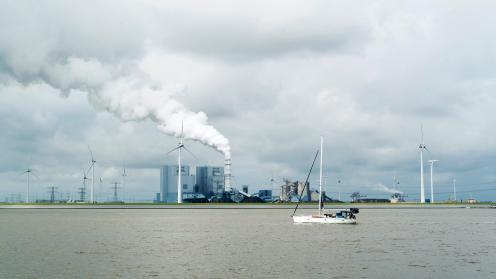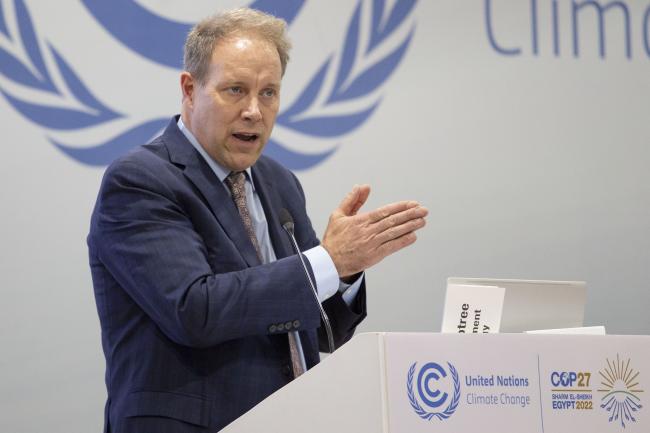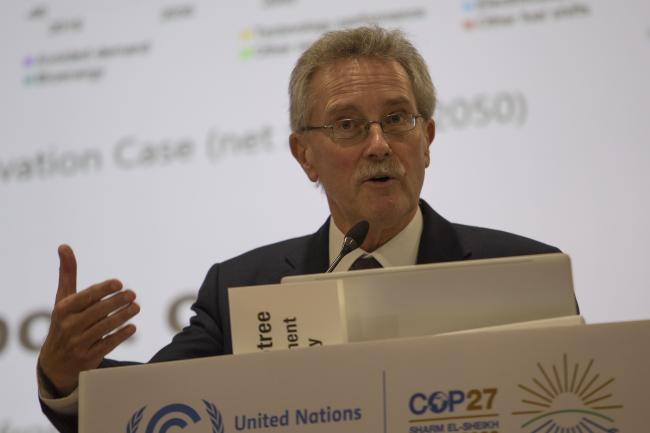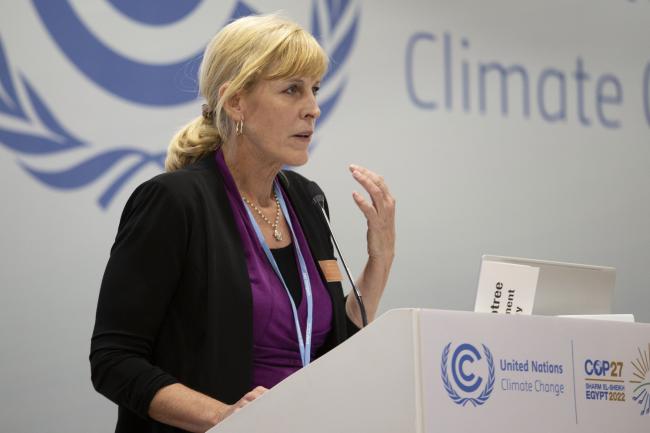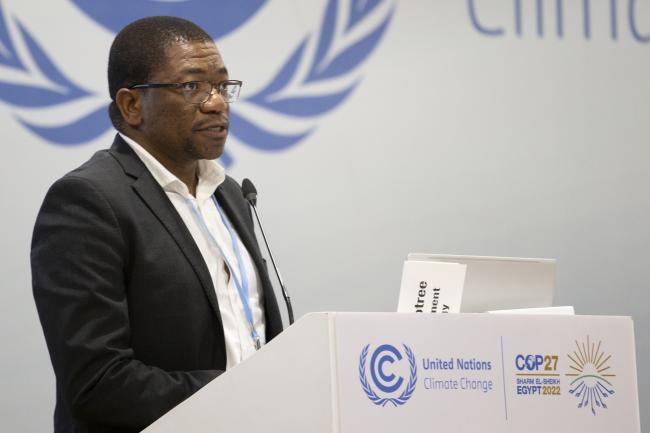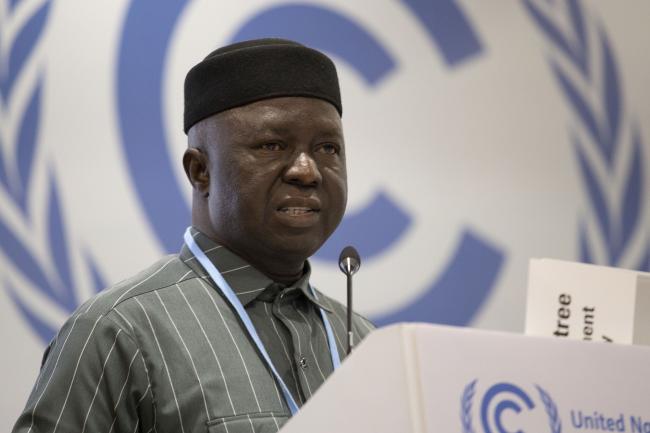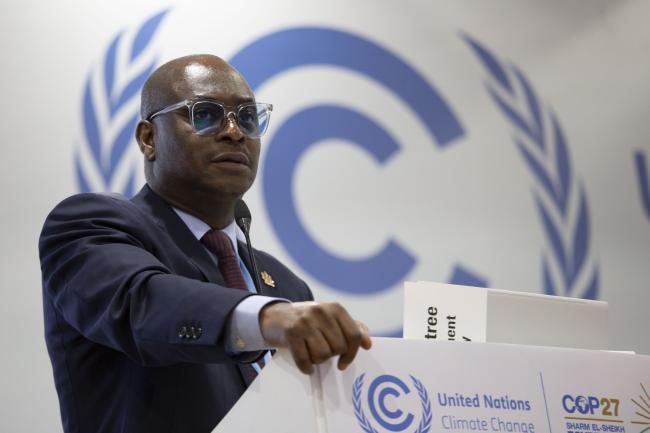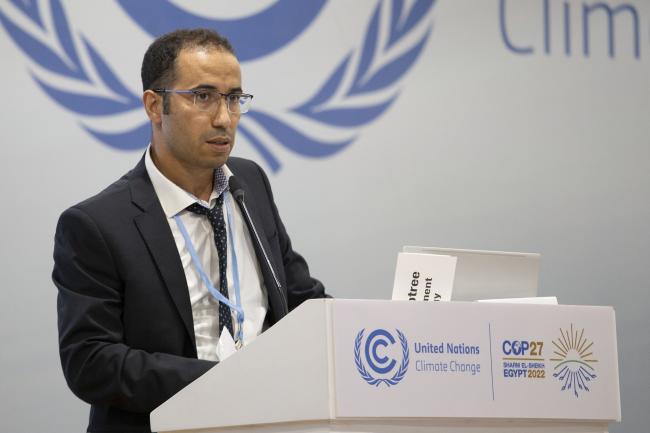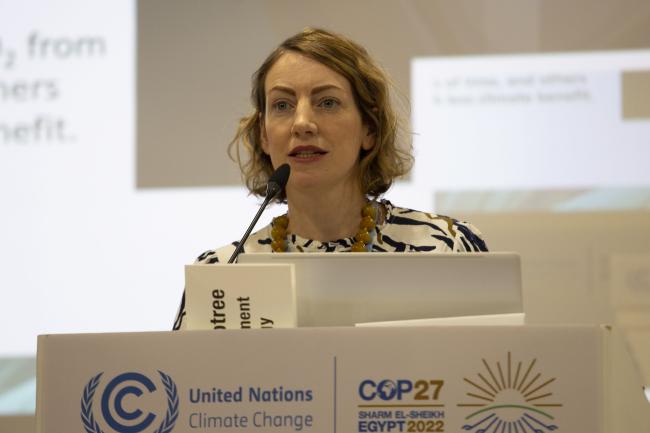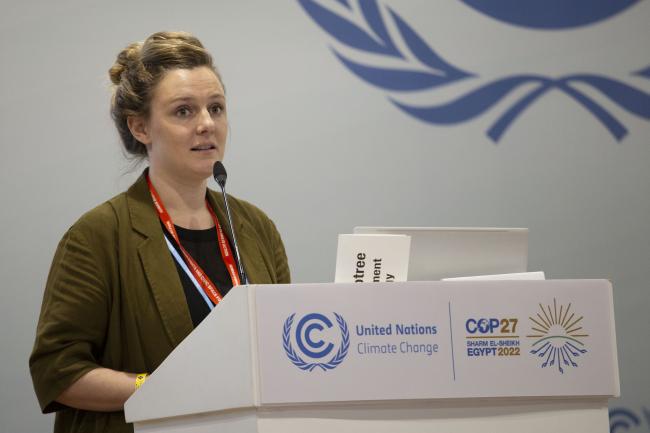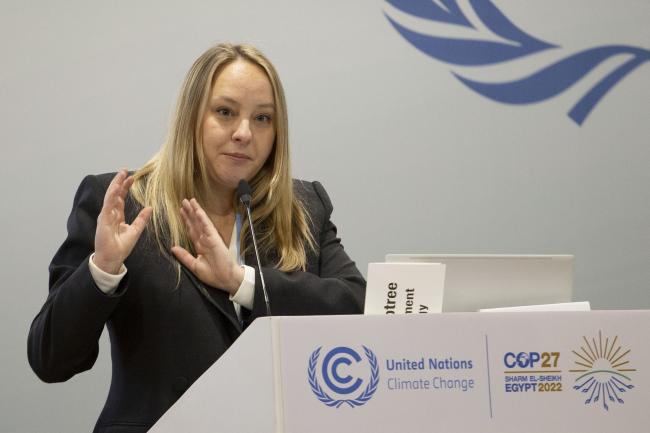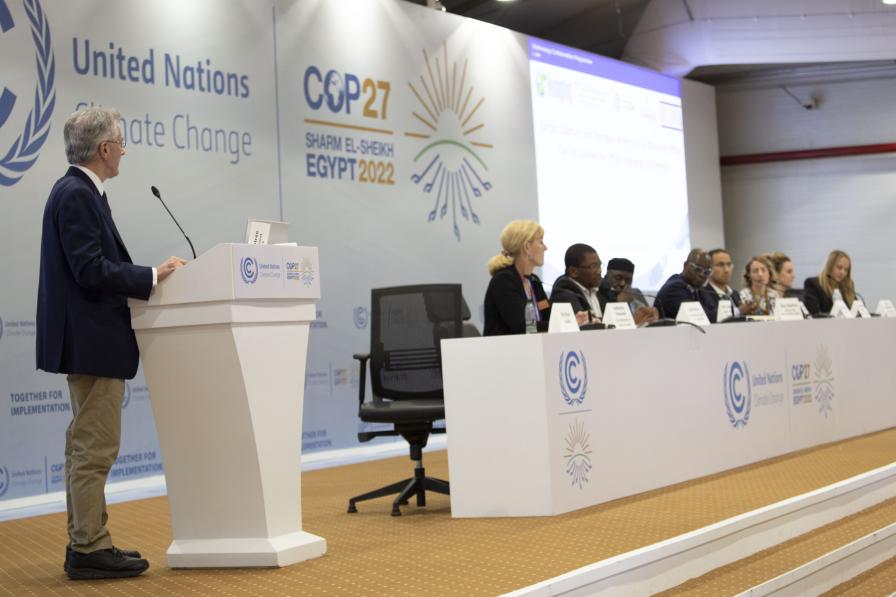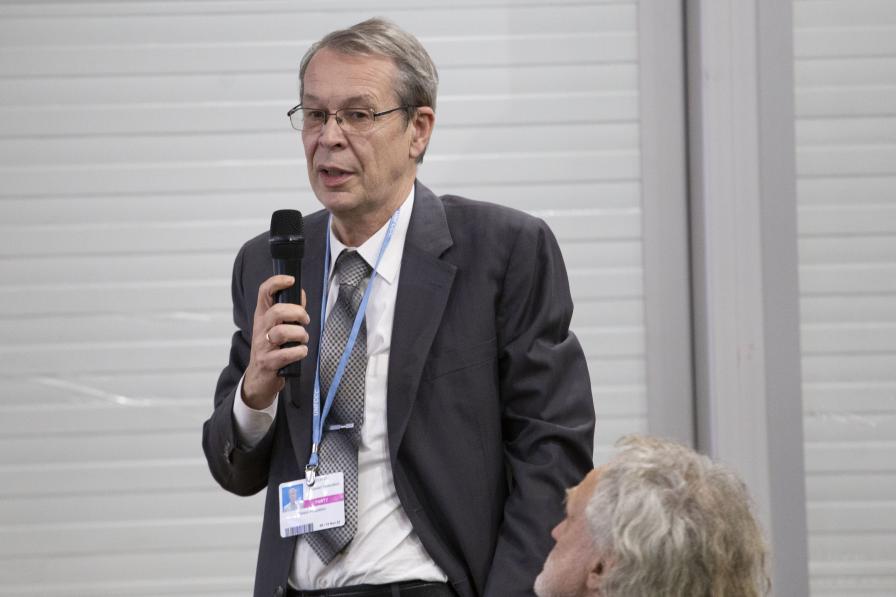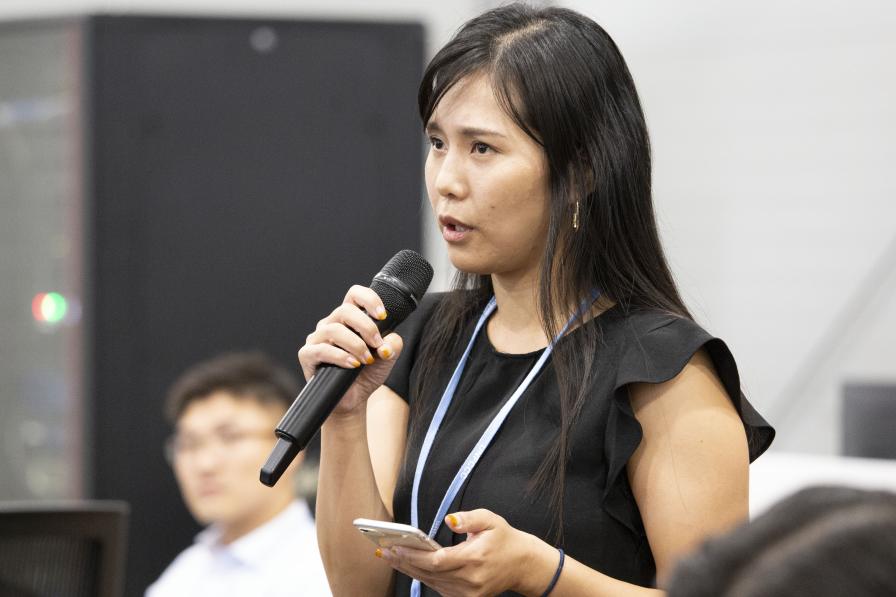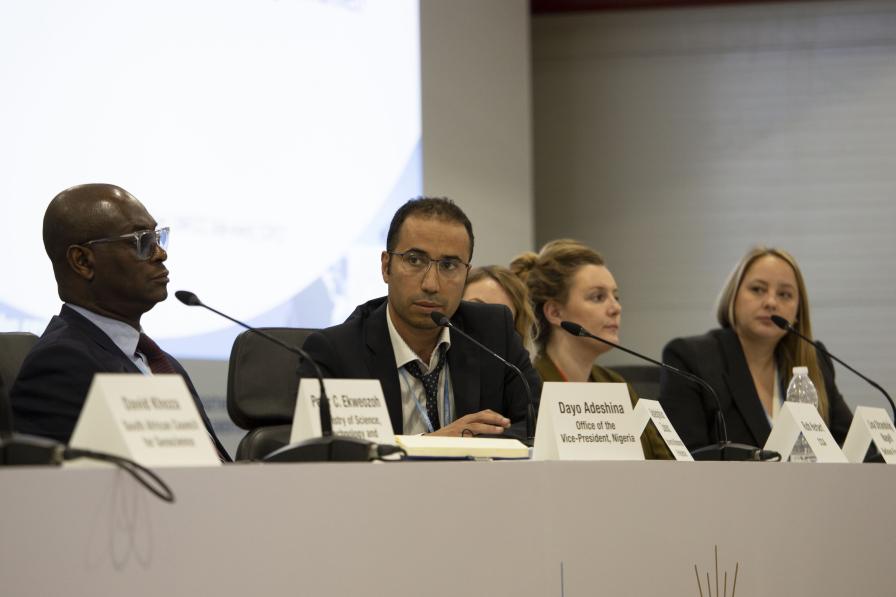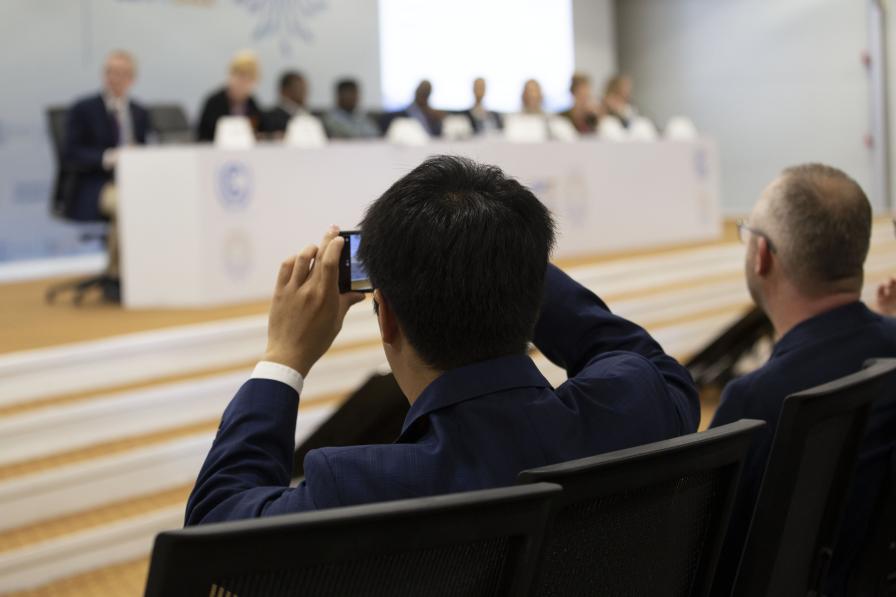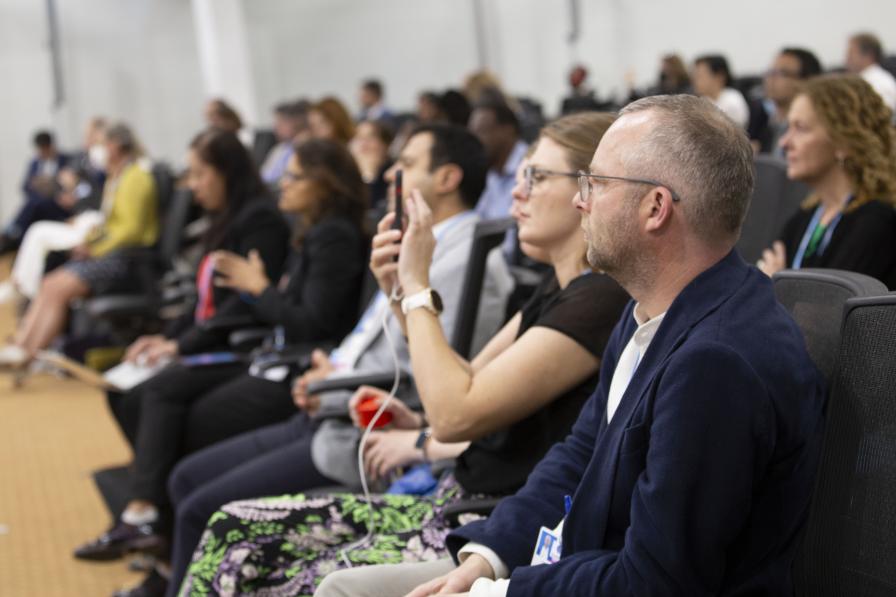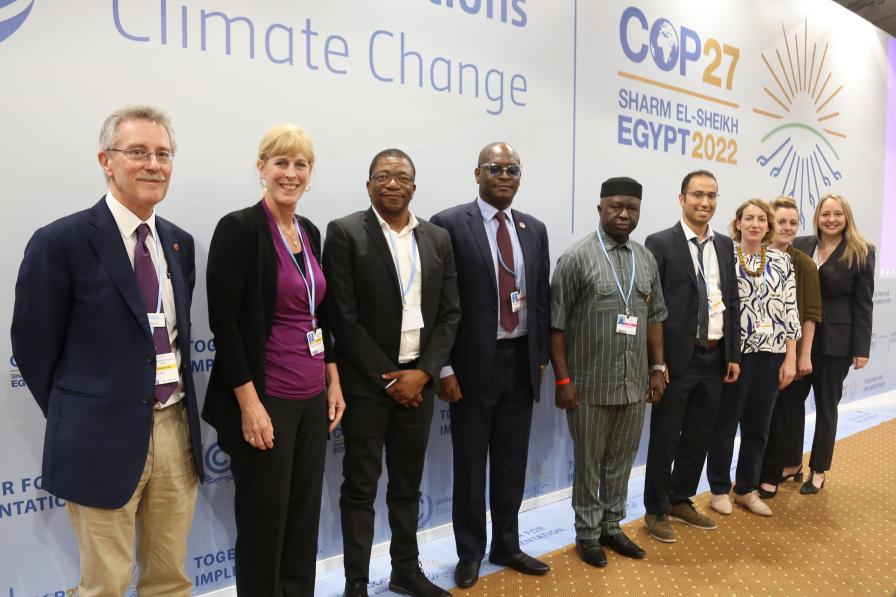About
This event highlighted the experience of emerging economies in the Global South in decarbonizing their economies through CCS projects and relevant lessons from the experience of the USA, Norway, UK and Canada.
Carbon capture and storage (CCS) has long been viewed as playing a critical role in the reduction of greenhouse gas (GHG) emissions, which is key to tackling global warming. This event highlighted the experience of emerging economies in the Global South in decarbonizing their economies through CCS projects and relevant lessons from the experience of the USA, Norway, UK and Canada.
Tim Dixon, IEA Greenhouse Gas R&D Programme (IEAGHG), moderated the event. In his opening remarks, Brad Crabtree, US Department of Energy, called attention to the importance of Africa in carbon management and emphasized that Africa has the right to develop its resources given that all but a few of its citizens “don’t have access to reliable power.” He added that CCS provides opportunities for Africa to develop and industrialize in a manner that involves a much lower carbon footprint. He described how the development of climate change policies, carbon management technology, and infrastructure in the CCS value chain, and funding commitments by the government allowed the US to develop its CCS industry. He added that Nigeria and Kenya will join the US and other states in launching carbon dioxide (CO2) removal initiatives. He concluded that, in his view, this step is a “great example of developed and developing countries working together to innovate and find solutions to implement CCS.”
Katherine Romanak, University of Texas at Austin, explained the process of storing carbon in the ground and shared findings from a 20-year research project on storage. Based on a study of 30 ongoing projects globally, she shared her confidence that subsurfaces can hold CO2 naturally. “The world has the capacity for safe permanent large-scale reductions using CCS,” she continued.
David Khoza, CGS, South Africa, discussed South Africa’s Carbon Capture, Utilization and Storage pilot storage project funded by the World Bank and the South African government. He emphasized that CCS projects need to be commercially profitable to make the project sustainable for the long term.
Peter Ekweozoh, Federal Ministry of Science, Nigeria, shared his country’s programmes on CCS, which include: conducting a comprehensive technology assessment in Nigeria across all sectors; developing a national energy transition plan; promoting technology within the policy framework; and establishing a national technology roadmap. He announced the upcoming launch of Nigeria’s Africa Center of Excellence for Carbon Management and Technology Innovation, which will serve as a platform for knowledge dissemination and become a “one-stop shop for policymakers and industries.”
Dayo Adeshina, Office of the Vice-President, Nigeria, shared that the Nigerian government is committed to an energy transition programme where CCS plays a significant part. He added that the country has already taken steps to develop a CCS pilot project in collaboration with the World Bank and IEA. With the launch of the Center, he encouraged other African countries to help them carry out the programme.
Abdelghafour Zaabout, Mohammed VI Polytechnic University, encouraged collaborations on CCS projects as he sees CCS as a business opportunity that can create a new industry in Africa for “decarbonization of hard-to-abate industries.”
Ruth Herbert, Chief Executive Officer, CCSA, shared the experience of the UK in the development of CCS projects, which is largely positive with more projects underway. She expressed that CCSA aims to share their knowledge internationally as a way to accelerate the deployment of CCS.
Lina Strandvåg Nagell, Bellona, shared the experience of Norway in developing its CCS programme. She emphasized that “technology readiness is not enough”. It is still necessary to reduce the risks in CCS development, she argued, and this can be done through the government support as a partner or guarantor or providing support mechanisms to reduce these risks.
Beth Hardy-Valiaho, International CCS Knowledge Centre, highlighted the importance of CCS in reducing GHG emissions of large-scale industries because “no net zero can happen without the decarbonization of the industrial sector.”
Engaged questions from the audience were answered by Dixon and the panelists. Concluding the event, Dixon invited participants to approach the speakers. He also thanked the audience for their participation and stated that more information could be gained from the websites of the panelists and at a side event on Tuesday the 15th at 2 pm in the Clean Air Task Force Pavilion on CCS in the Caribbean
Organizers: IEA Greenhouse Gas R&D Programme, The University of Texas at Austin, CCSA, International CCS Knowledge Centre, Bellona
Contact: Katherine Romanak | katherine.romanak@beg.utexas.edu
For more information: https://ieaghg.org/
To receive free coverage of global environmental events delivered to your inbox, subscribe to the ENB Update newsletter.
